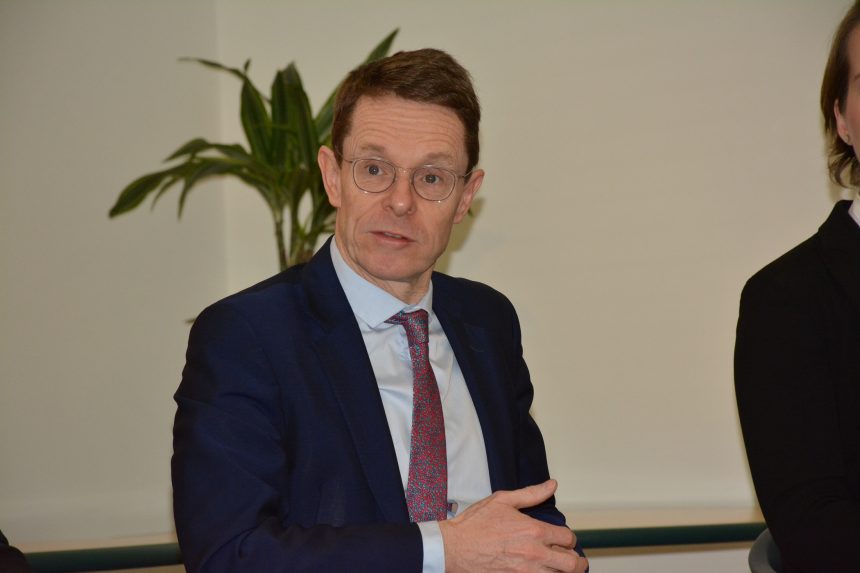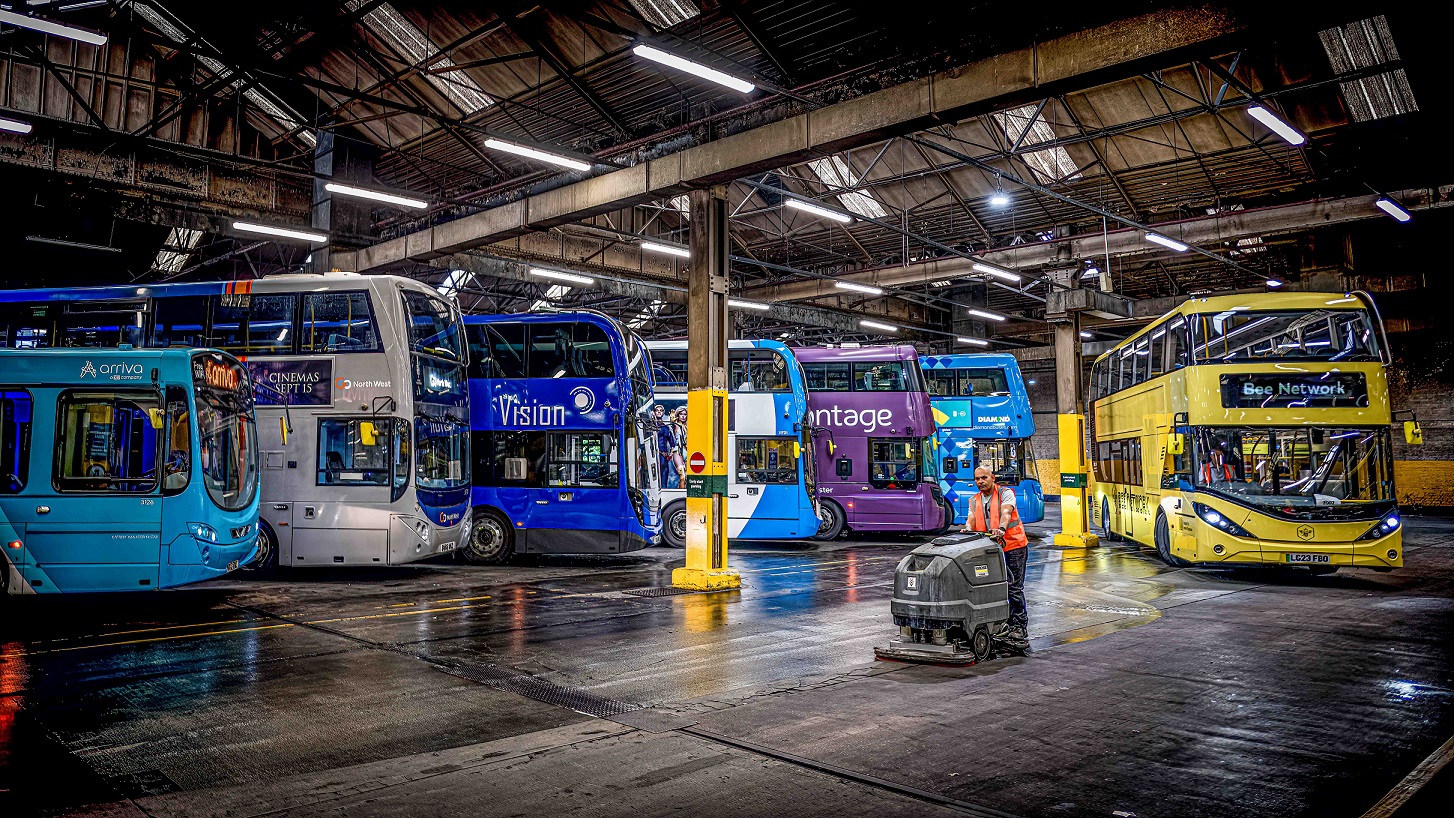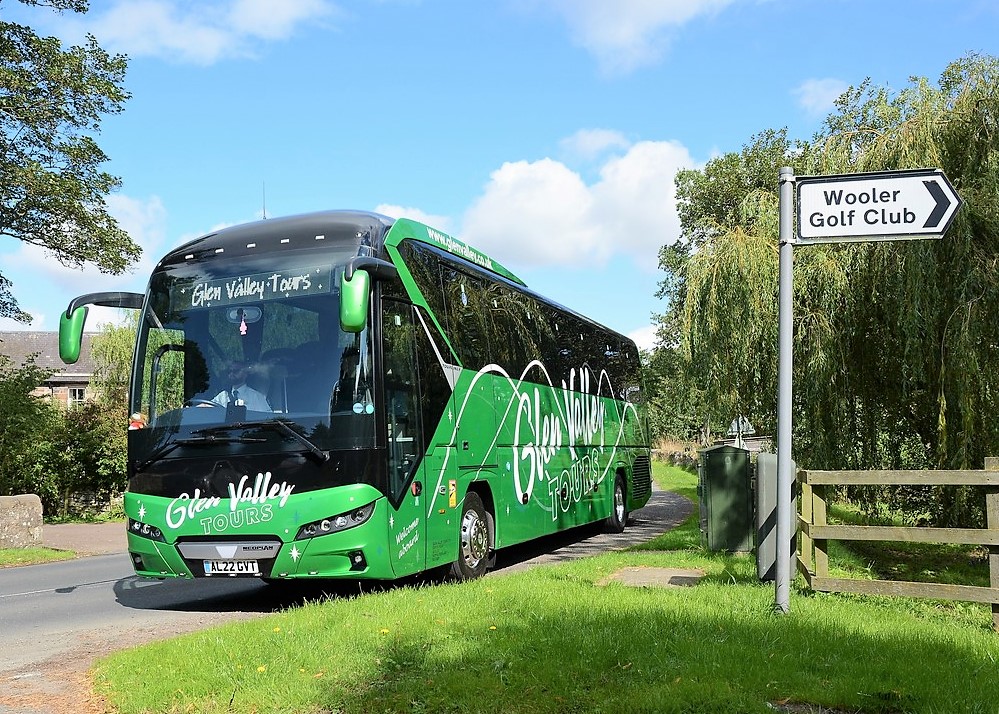Fully understanding the government’s position on shared transport is never easy, for it is an approach full of contradiction. Minister Richard Holden talks up coach and bus and his bosses’ support of the sector. Meanwhile, Rishi Sunak declares himself a friend of the motorist in a clumsy stunt to curry votes.
Backing often referenced by Mr Holden includes Bus Service Improvement Plan (BSIP) funding in England. A shift in May allowing it to prop up existing services showed that much BSIP strategy is now dead, but when combined with short-term BSIP Plus and BSOG Plus money, it saw the can again kicked down the road.
Work by Transport for West Midlands (TfWM) gives a good idea of how much longer such short-termism can last for. TfWM has reallocated £40 million of its £88 million BSIP settlement to support existing networks. Even that will suffice only until the close of 2024.
The wretched cliff face thus moves for TfWM, but at the cost of almost half its BSIP spending. It is an unenviable decision by the body, although certainly the correct one. It also makes a mockery of the National Bus Strategy.
Senior Conservative politician Andy Street has thus joined the call for a long-term funding settlement for bus services. But his voice, while influential, comes at a time when even prevention of schools from falling down must be handled from beloved “existing budgets.”
Nevertheless, what is happening with buses in the West Midlands is a warning to the government. It must listen to people like Andy Street if any credibility on environmental policy is to be salvaged.






























